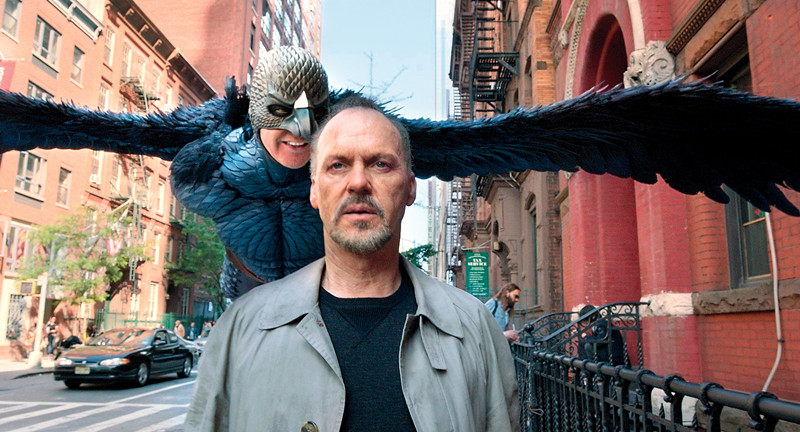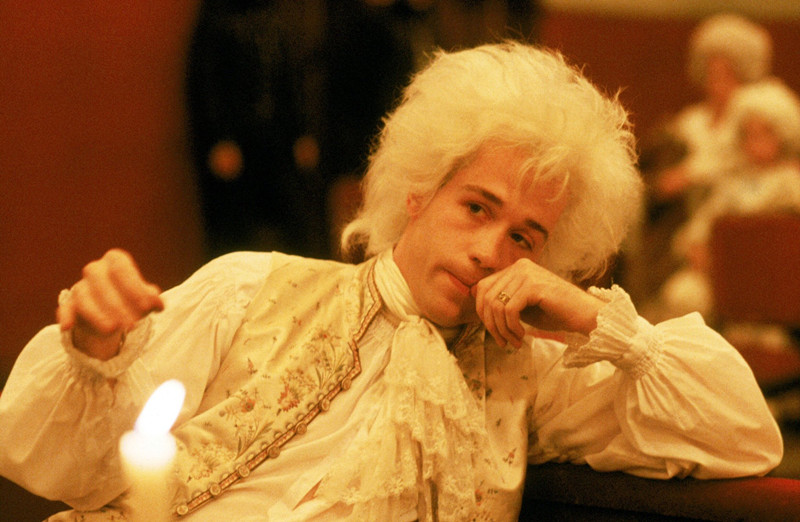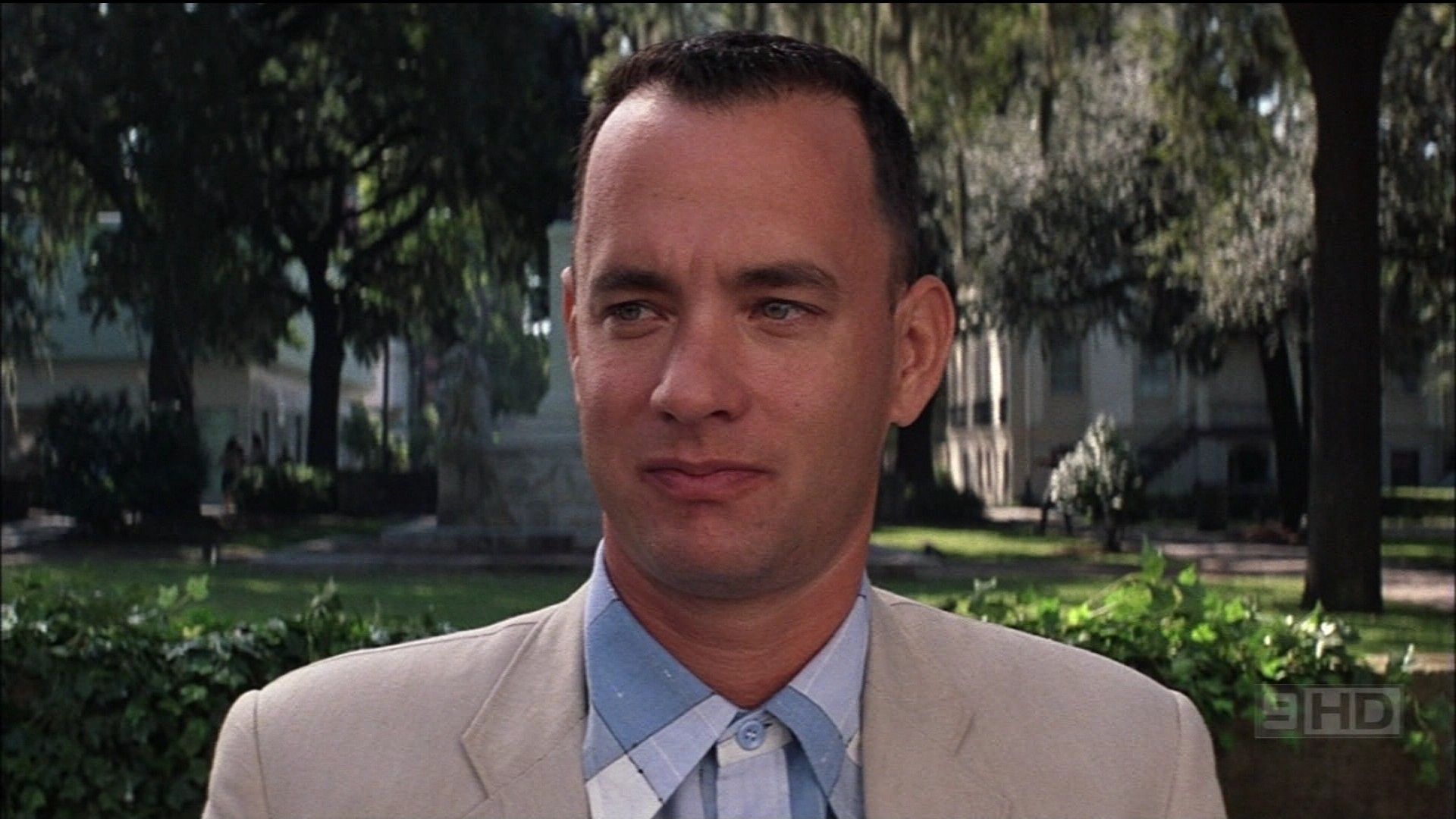6. The Epic Romance

Examples: Casablanca, The English Patient, Cavalcade, Wings, Out of Africa, From Here to Eternity, The Best Years of our Lives, Titanic, Dances with Wolves
This is one of two categories that I will label as the most Oscar bait-ridden, simply because it is a formula that is almost destined to work well. If you take the grand scale of war films and toss in the identifiable nature of romance flicks in the middle, you get an amalgamation of love and devastation. Audiences love to have a ride of different emotions when they watch a film, and these types of motion pictures are almost guaranteed to elicit a plethora of feelings.
Some of these films are absolutely warranted of their praise. “Casablanca,” the all-time greatest epic romance, is pitch perfect with the scale of emotions it dishes out. It takes place mostly in one small radius of a setting, after a romance has dissolved between Rick and Ilsa. The story even focuses on the coincidences of the two bumping into each other again during a highly precarious time.
Other romance epics would make these moments feel serendipitous; in “Casablanca,” they feel ill-fated as both are to be doomed. “Casablanca” feels authentic with its characters and settings. In a film like “Cavalcade,” where characters are placed in scenarios to guilt trip the audiences into feeling sorry for them (a pair of love birds declaring their lives to one another shortly before the audience finds out they are on the Titanic? Shame on you, “Cavalcade”) is a different kind of epic romance you can find.
Films like “Out of Africa” and “The English Patient” feel glacial, because the romance and the rest of the film are usually split apart to coexist separately, or they are slow burning in an attempt to submerge you into the worlds the characters never want to end (and yet we do). Some examples pull off these problems a little bit more gracefully (“From Here to Eternity” feels more like a buildup that gets destroyed by war, so it works better). Either way, only some of these films end up standing the test of time, but almost all of them are impossible to ignore when the awards season refuses to stop fixating on them.
7. Mainstream Films with Some Experimentation

Examples: Midnight Cowboy, The French Connection, The Godfathers I and II, The Last Emperor, In the Heat of the Night, Birdman, Moonlight, The Artist, Annie Hall
One of the reasons why I love analyzing all of the Best Picture winners is to see what society deems acceptable for each time period. After the destruction of the Motion Picture Production Code (a series of rules each mainstream picture had to abide by in order to be released, thus sanitizing most films for a large duration of early cinema), filmmakers and production companies started to take more risks.
Imagine this: “Midnight Cowboy” won around the same time “Oliver!” won. If you really think about this, it is actually mind boggling. In 1968, an innocent (yet bland) musical adaptation (once again) based on Oliver Twist won America over. One year later, the Academy said “yes” to a very edgy film about one man’s dream of becoming a male gigolo in New York (his journeys are stuffed with experimental edits, nudity and sex, and grim scenes that are often miserable and cold). The film was even the first X-rated movie to ever win Best Picture.
Sometimes, the awards season follows the motion pictures that are just doing something different, mostly because change is refreshing. These films can even be seen as innovative, and the award is a thank-you for guiding cinema in a new direction. Think about it: “Annie Hall” is one of the very few comedy winners in 40 or 50 years to win, and its lack of chronological structure, its shattering of the fourth wall, and other types of directorial decisions were praised. “Annie Hall” couldn’t just be a comedy: it had to be different.
Occasionally, arthouse-guided films like “The Last Emperor” and “Moonlight” are given their dues, yet it is quite rare for this to happen. With this category, you’ll find films that, like “Annie Hall,” are good at mixing unorthodox approaches with mainstream appeals. Both “Godfather” films are two of the most cherished films, because they can seemingly please most film goers as a result of being familiar yet inventive. Sometimes, different is just better, and even the Academy can agree.
8. The Discovery of Self Perseverance (being throttled by others)

Examples: The King’s Speech, Chariots of Fire, All About Eve, Amadeus, Chicago
This is similar to the underdog approach that many films have, yet it is different because it focuses on a character’s realization of self, more than it does the notion that another has to be trumped. An example of this is “The King’s Speech.” Sure, Prince Albert, the Duke of York, was often teased and/or commented on because of his uncontrollable stammer, yet he does not actually feel fit enough to become the King when the title is finally bestowed upon him.
The film never started out with him wanting to rule England, rather it starts with him trying to stop his speech impediment so he can simply give speeches easily. “Chariots of Fire” has some form of competition within it, yet it is amongst friends that are trying to go the distance. Sure, “All About Eve,” “Amadeus” and “Chicago” have malice, yet all three of these films feature someone at their top being challenged by other characters (good or bad) to get to where they are.
In the end, none of these are really tales like “Rocky,” where everyday people start at the bottom and rightfully get to the top. In “All About Eve,” new Hollywood destroyed the longevity of old Hollywood despite the fact that the latter was an influence to the former. There’s nothing admirable about this, rather it is simply compelling to witness. Maybe we enjoy seeing characters develop, whether it be well (“Amadeus”) or at least in some sort of noticeable way (“Chicago”).
Maybe we like to see even the mightiest having flaws that they can possibly overcome. This may make these characters more human to us; if not, then they are at least interesting to follow in their pursuits of something greater. These tales aren’t always as straightforward as the underdog stories, which is why they may stand out a little bit more some years.
9. Large Doses of Kitsch

Examples: Terms of Endearment, Rain Man, Forrest Gump, Driving Miss Daisy, Ordinary People, Going My Way, Million Dollar Baby, A Beautiful Mind
We have arrived at the most Oscar bait-infested category: the films that are slapped together with layers upon layers of kitsch (something that is excessively emotional or sentimental in a way that feels either guilt-inducing or forceful). Now, before I continue, I wish to admit that not all of these films are bad.
“Terms of Endearment” is a loving take on how both the small and the big moments in our lives impact our relationships with those closest to us. “Ordinary People,” despite being the unlikely winner over “Raging Bull,” is a misrepresented family drama that can actually drive itself to your core with its debacles. The truth of the matter is, however, that these two films definitely rely on making their audiences weep, feel, and understand.
In comparison, something like “Driving Miss Daisy” is hell-bent on trying to wring out each and every drop of soupiness with all of its scenes from start to finish. “Rain Man” is a little bit more innocent, but its dramatic moments go a little bit further than they should to the point of slight artificiality. “Going My Way” is a more startling example, as it likely is the most averagely plain Best Picture winner to ever win (it isn’t the worst, yet it is the least nuanced by far). The film likely won because of Bing Crosby’s presence and the songs that the young choir sings being oh so charming.
These kinds of films can usually be the most polarizing as a result. “Forrest Gump,” to some, is a staple in cinema history. To others, it is a silly and confusing mess of emotions and goofiness. As I try to stay neutral on “Forrest Gump,” it may be a great example of why these films win and why they also usually do not stand the test of time.
They win because the immediate effect the filmmakers intend for is to hypnotize us. They fade away (or, in the case of “Forrest Gump” get heavily debated over), because the films are so stuffed with too much that we either lost sight of what we felt, or we are aware that the illusions have worn off. In some cases, such as with “Million Dollar Baby,” the emotions can still feel real.
10. The Troubled Psyche

Examples: The Silence of the Lambs, The Lost Weekend, A Beautiful Mind, One Flew Over the Cuckoo’s Nest, Birdman, Rebecca, Hamlet, No Country for Old Men, Unforgiven
The final category here is the descent into the minds of the characters on screen. Along with the more experimental films to win, these Best Picture winners are usually the more deserving type, because a proper script and a talented director can get you to experience the insanities of a film’s character(s) efficiently. You will find some rare examples of films in this section as well.
“The Silence of the Lambs” (also one of the all-time greatest horror thrillers) is the last horror film to win Best Picture, where it also won the other four top prizes with Best Director, Actor, Actress, and Screenplay. The same feat was pulled off by the institution-based comedy-drama “One Flew Over the Cuckoo’s Nest,” where the top five awards were won (the only non-psychology based film to do this is the golden-age comedy “It Happened One Night”).
“Rebecca” was ultimately the only Hitchcock film to win Best Picture (probably because of David O. Selznick’s production, if anything), which only shows how it is both hard for psychological thrillers to win, and how strong these eventual winners are. As “One Flew Over the Cuckoo’s Nest” proves, these films aren’t always severe in nature. “No Country for Old Men” even tiptoes between thrills and comedy, as the film works as a nerve-wracking game of cat-and-mouse.
Some of the greatest filmmakers can be found here (outside of Hitchcock), including the late Jonathan Demme, Billy Wilder, Clint Eastwood, and the Coen brothers. When the best-of-the-best make films that challenge our psyches (along with the characters in the film), we get an unforgettable result. When the film isn’t quite as successful (say, “A Beautiful Mind” for instance), it’s at least a commendable effort.
This trope is possibly the only way horror films will even be considered for Best Picture (unless it’s “The Exorcist,” which still has elements of mental fragility), and these films (horror or not) are usually some of the more thought-provoking films to win the top prize (no pun intended).
Author Bio: Andreas Babiolakis has a Bachelor’s degree in Cinema Studies, and is currently undergoing his Master’s in Film Preservation. He is stationed in Toronto, where he devotes every year to saving money to celebrate his favourite holiday: TIFF. Catch him @andreasbabs.